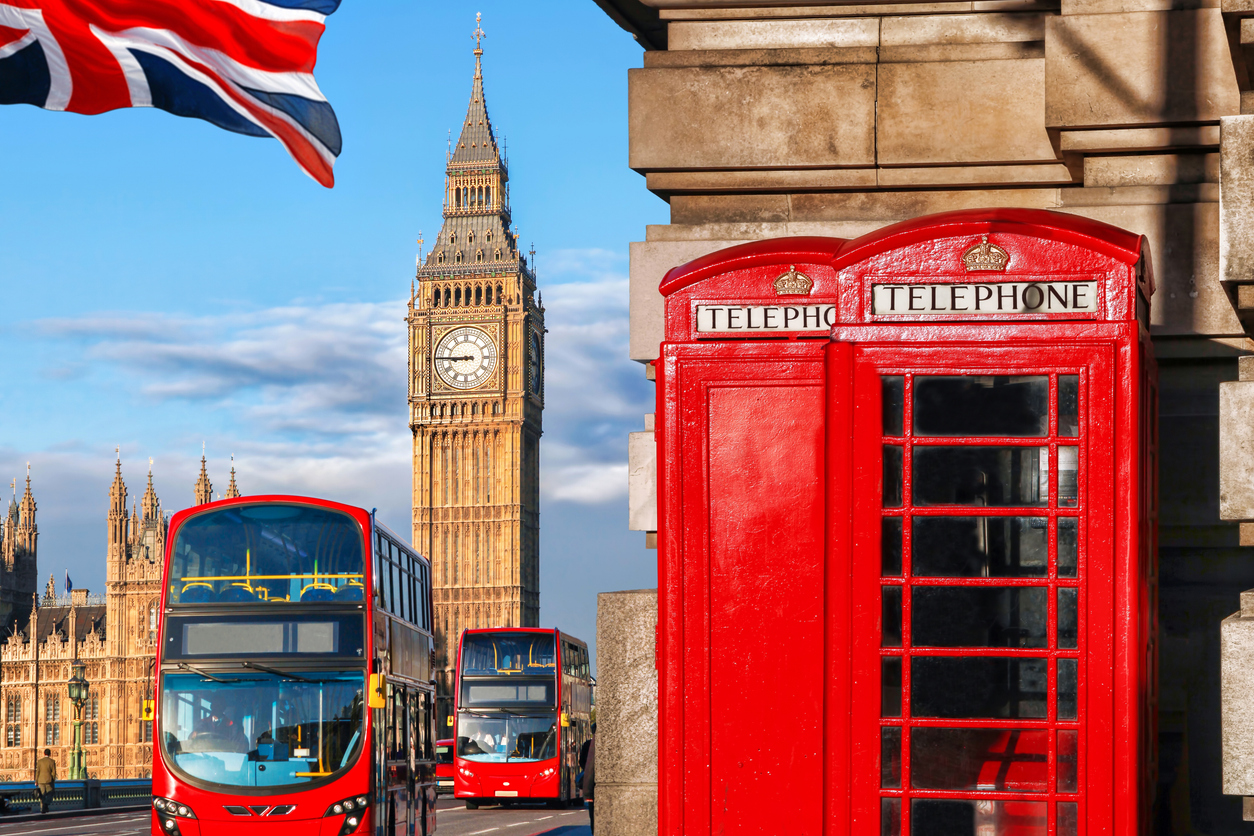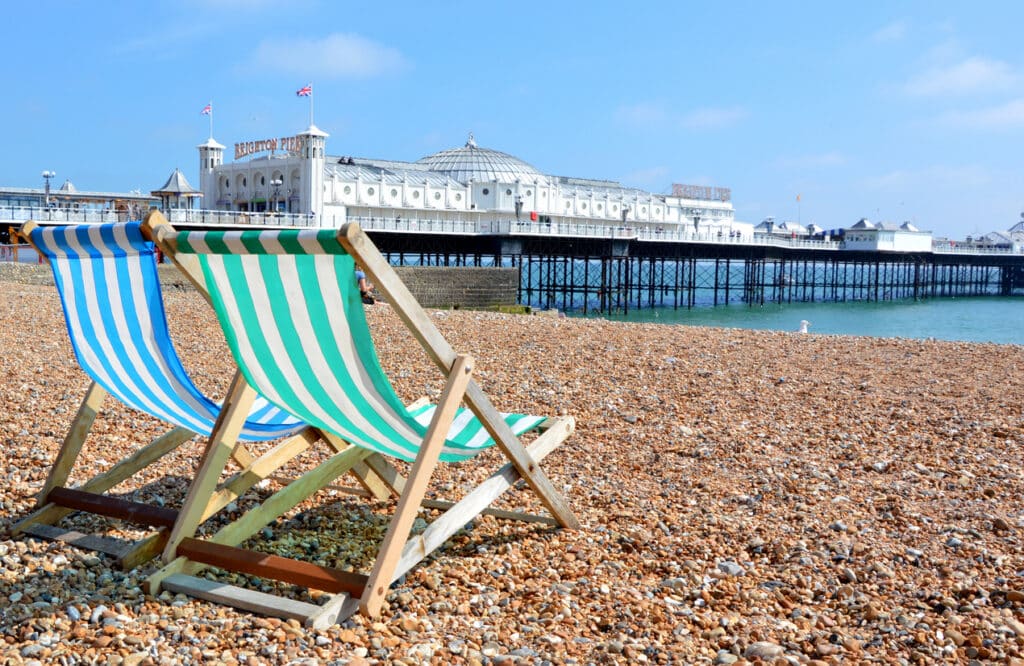If you’re considering a move across the pond, you’re probably wondering what life in the United Kingdom is really like—especially as a U.S. expat. The UK offers a unique blend of history, modernity, and multiculturalism, but adjusting to a new country always comes with its own set of challenges and rewards. In this guide, we’ll walk you through the essentials of life in the United Kingdom, from navigating public transport to building a social circle, so you can make the most of your British adventure.
Public transport systems and getting around without a car
One of the first things you’ll notice about life in the United Kingdom is how accessible and efficient public transport can be—especially compared to many U.S. cities. In urban areas like London, Manchester, and Edinburgh, you’ll find a comprehensive network of trains, buses, trams, and even ferries. The London Underground (the “Tube”) is world-famous for a reason: it’s fast, frequent, and connects nearly every corner of the city.
For those living outside major cities, the UK’s national rail system links towns and regions, making weekend getaways or commutes manageable without a car. Buses are reliable and often run late into the evening, while cycling is increasingly popular thanks to dedicated bike lanes and city bike-share schemes.
Practical tips:
- Oyster cards and contactless payments: In London, an Oyster card or contactless payment makes travel seamless. Other cities have their own smart cards.
- Driving: If you do need a car, remember that the UK drives on the left. Parking and congestion charges in cities can be expensive, so weigh your options carefully.
- Accessibility: Public transport is generally accessible, but rural areas may have limited service, so plan ahead if you’re venturing off the beaten path.
UK weather patterns and seasonal lifestyle adjustments
The British weather is legendary—and not always in a good way! Life in the United Kingdom means adapting to a climate that can be unpredictable, with frequent rain, mild winters, and cool summers. While you might miss the extremes of American weather, you’ll soon learn to appreciate the subtlety of British seasons.
What to expect:
- Rain: Carrying an umbrella is almost a rite of passage. Drizzle is common, but heavy storms are rare.
- Daylight: Winters bring short days, with the sun setting as early as 4 pm in December. Summers, on the other hand, offer long evenings—perfect for enjoying parks and outdoor events.
- Seasonal activities: The UK makes the most of its seasons. From cozy pub nights in winter to music festivals and picnics in summer, there’s always something to look forward to.
Adjustment tips:
- Invest in a good waterproof jacket and sturdy shoes.
- Embrace the British love of tea—it’s a comforting ritual on gray days.
- Use daylight wisely in winter to keep your spirits up.
Work-life balance and employment culture in the UK
When it comes to work, life in the United Kingdom often strikes a healthier balance than what many Americans are used to. The standard workweek is typically 37–40 hours, and there’s a strong emphasis on taking annual leave—most full-time employees receive at least 28 days of paid holiday per year (including public holidays).
Key differences:
- Punctuality: Brits value punctuality, but the office atmosphere is often less formal than in the U.S.
- Workplace hierarchies: While respect for management exists, UK workplaces tend to be more egalitarian and collaborative.
- After-work socializing: Pubs play a big role in team bonding. Don’t be surprised if colleagues invite you for a drink after work—it’s a great way to build relationships.
Advice for U.S. expats:
- Don’t be shy about using your vacation days—they’re meant to be enjoyed!
- Be open to flexible working arrangements, which are increasingly common.
- Take time to understand local workplace etiquette, such as the British preference for indirect communication and politeness.
Housing market realities and finding accommodation
Finding a place to live is one of the biggest adjustments for expats experiencing life in the United Kingdom. The housing market can be competitive, especially in London and other major cities, where demand often outstrips supply.
What you need to know:
- Types of housing: Flats (apartments) are common in cities, while houses are more typical in suburbs and rural areas. Many properties are smaller than what you might be used to in the U.S.
- Rental process: Most rentals require a deposit (usually 4–6 weeks’ rent) and references. Letting agents are widely used, and properties move quickly.
- Costs: Rent can be high, particularly in London. Utilities and council tax are usually not included in the rent, so budget accordingly.
Tips for success:
- Start your search early and be prepared to act fast when you find a suitable place.
- Consider sharing a flat to reduce costs and meet new people.
- Use reputable websites and agencies, and always view a property in person before signing a contract.
Social integration and building friendships as an expat
Making friends and feeling at home is a crucial part of life in the United Kingdom, but it can take time—especially if you’re new to the culture. Brits are famously polite and reserved, but they’re also warm, loyal, and have a great sense of humor once you break the ice.
How to build your social circle:
- Join clubs and groups: From sports teams to book clubs, there’s a group for nearly every interest. Meetup.com and local community centers are great places to start.
- Volunteer: Giving back is a wonderful way to meet people and feel connected to your new community.
- Say yes: Accept invitations, even if they’re outside your comfort zone. Whether it’s a pub quiz or a Sunday roast, these experiences help you understand British culture.
Ready to make the most of your UK adventure?
Moving to the UK is an exciting journey, but it comes with its own set of challenges—especially when it comes to taxes and financial planning. Let our team of expat tax experts help you navigate the complexities, so you can focus on enjoying life in the United Kingdom. Reach out to get started and make your transition as smooth as possible.
Frequently Asked Questions
-
What is daily life in the United Kingdom like for U.S. expats?
Daily life in the United Kingdom is a blend of efficient public transport, diverse cultural experiences, and a strong sense of community. U.S. expats often find the pace of life slightly slower and more relaxed, with a greater emphasis on work-life balance and socializing.
-
Is it easy to get around the UK without a car?
Yes, especially in cities. The UK’s public transport system is extensive and reliable, making it easy to live without a car. In rural areas, options are more limited, so some expats choose to drive.
-
How does the UK housing market differ from the U.S.?
UK homes are generally smaller, and the rental process can be more competitive. Expect to pay deposits, provide references, and act quickly when you find a suitable property.
-
What are the biggest challenges for U.S. expats adjusting to life in the United Kingdom?
Common challenges include adapting to the weather, understanding British humor and etiquette, and navigating the housing market. However, most expats find these hurdles manageable with time and support.
-
How can expats build friendships and integrate socially in the UK?
Joining clubs, volunteering, and participating in local events are effective ways to meet people. Being open, patient, and proactive helps expats build lasting friendships.

 Connect on LinkedIn
Connect on LinkedIn

